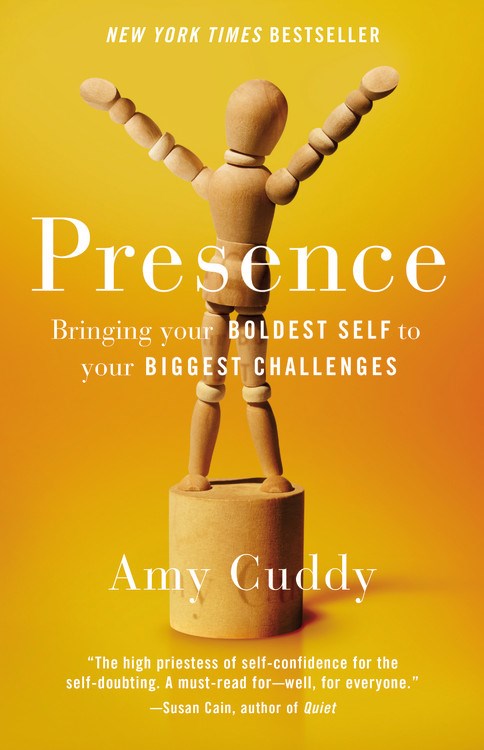Jack Covert Selects - How Will You Measure Your Life?
How Will You Measure Your Life? by Clayton Christensen, James Allworth & Karen Dillon, Harper Business, 240 pages, $25.99, Hardcover, May 2012, ISBN 9780062102416
Clayton Christensen is a business theorist who, in 1997, wrote the renowned Innovator's Dilemma which introduced the idea that most well-established companies are overtaken not by behemoth competitors but by "disruptive" innovations that rise up and cut down giants in part because the giants were oblivious to the threat, and/or unable to invest in new emerging technologies. Christensen is also a dedicated professor at Harvard Business School, and describes himself as "a father and grandfather with a deeply held faith." This book is a commingling of Christensen's passions, but always returns back to the theories he has spent so many years studying and teaching in business courses.
Good theory can help us categorize, explain, and most important, predict. People often think that the best way to predict the future is by collecting as much data as possible before making a decision. But this is like driving a car looking only at the rearview mirror—because data is only available about the past. ... This is why theory can be so valuable: it can explain what will happen, even before you experience it.How Will You Measure Your Life is populated with personal anecdotes—the fates of famous classmates, the progress of Christensen's career, his motivations as a family man, his numerous health challenges—that lead back to business theory as a way to guide others to better decision-making. Treat your life, Christensen says, to the same careful planning you would your business in order to avoid some of the catastrophic events that can happen to companies when they don't develop a deliberate, yet agile, strategy.
- Beware of the emergent strategy. Serendipity should play a role in all strategy.
- Define your purpose. "Without a purpose, the value to executives of any business theory would be limited."
- Allocate your resources in a way that aligns with your purpose. In other words, you are what you do, not what you mean to do.
- Set your metrics: Christensen says "the only metrics that will truly matter to my life are the individuals whom I have been able to help, one by one, to become better people."

